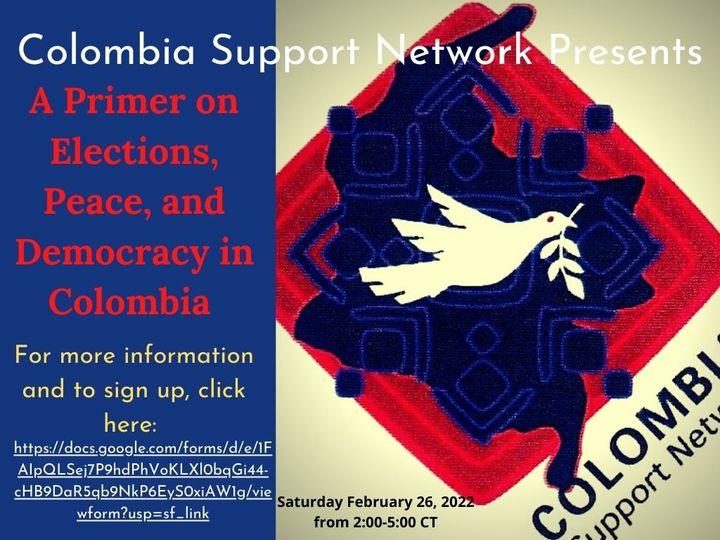One year after President Joe Biden issued an executive order aimed at reforming U.S. policy toward Central America and establishing humane migration policy, a new report from the Root Causes Initiative examines the Biden administration’s record of following through on these commitments. Based on publicly available data and the analysis of civil society organizations, the report assesses the Administration’s efforts and issues recommendations across four areas: Rule of Law, Localizing Aid, Inclusive Economic Policy, and Humane Migration Policy. Considering the Administration’s efforts to advance the rule of law, the Initiative notes that the United States has “taken a relatively hard line” against the administration of Salvadoran President Nayib Bukele, criticizing and taking actions to reign in his anti-democratic actions through sanctions and other measures, while failing to apply the same pressure to the Guatemalan government.
- Home
- About Us
- Issues
- Countries
- Rapid Response Network
- Young Adults
- Get Involved
- Calendar
- Donate
- Blog


